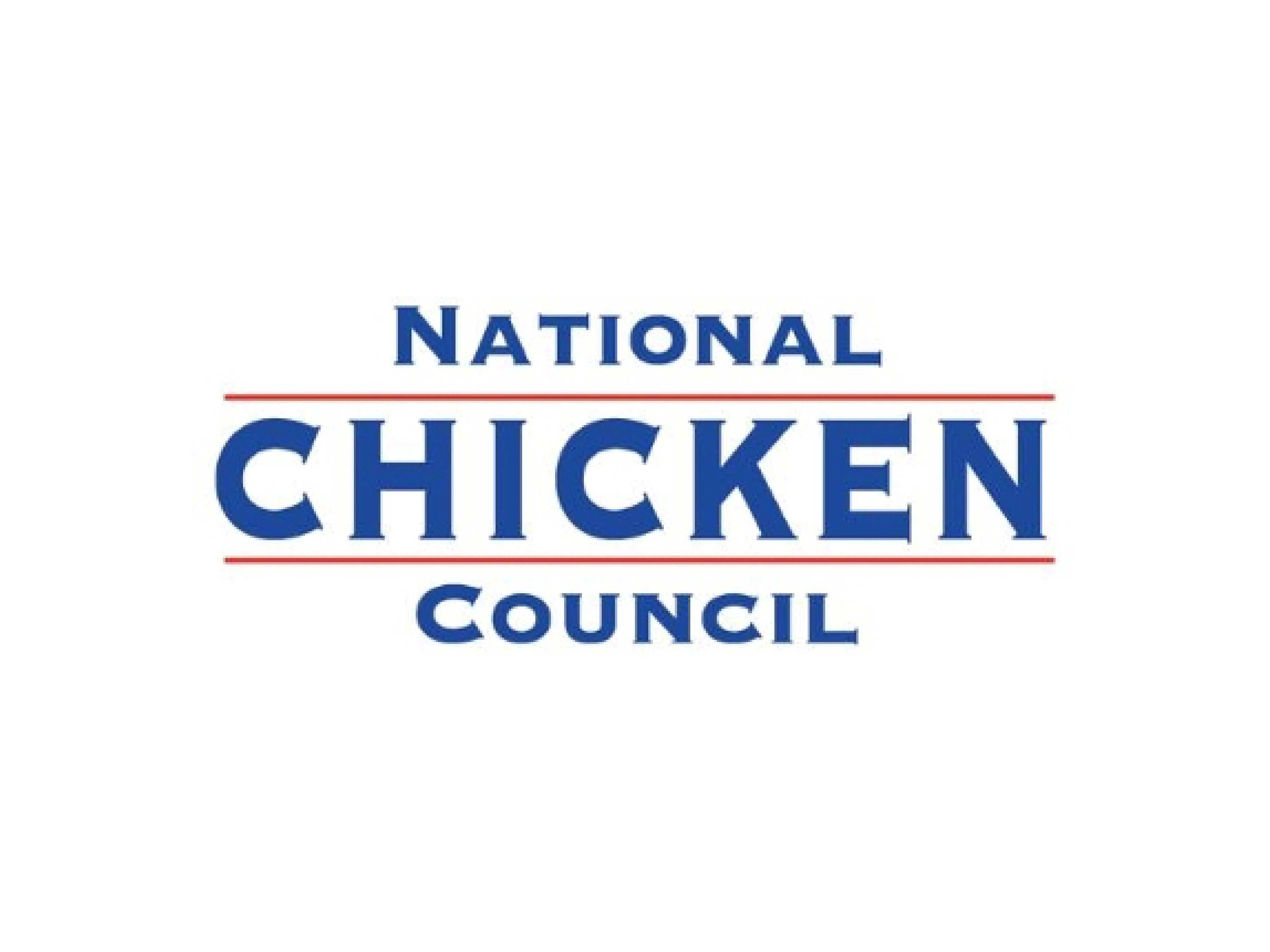Animal Welfare for Broiler Chickens
Consumers want to be sure that all animals being raised for food are treated with respect and are properly cared for during their lives. The people and companies involved in raising chickens for food share the public’s concern. They recognize that they have an ethical obligation to make sure that the animals on their farms are well cared for.
The chicken industry has come together on a specific set of expectations that will ensure that the birds they raise are taken care of with the highest standards starting at hatch. Since healthy, top-quality animals are needed for food, proper treatment is not only an ethical obligation, but it just makes good business sense.
Carefully formulated feed, access to a plentiful supply of clean water, adequate room to grow, professional veterinary attention, and proper handling are all important factors in the management of young meat chicken flocks, also referred to as broilers, and the production of high-quality food products.
To assist the people and the companies who produce and process chickens for food, the National Chicken Council developed the NCC Animal Welfare Guidelines and Audit Checklist which have been widely adopted within the chicken industry. These guidelines cover every phase of the chicken’s life and offers science-based recommendations for proper treatment. Among other things, it includes chapters on:
- Corporate commitment
- Hatchery operations
- Proper nutrition and feeding
- Appropriate comfort and shelter
- Health care and monitoring
- Ability to display most normal behaviors
- On-farm best practices
- Catching and transportation
- Processing
- Breeder operations (if present)
Some key points include:
- Top management must sign off on the program.
- Company must have a person or management group in charge of animal welfare throughout company.
- Those involved in handling live animals must be trained annually.
- Abuse of the animals is not tolerated under any circumstances.
- Stocking density is limited based on size of the individual bird.
- Ammonia in atmosphere and moisture in litter are limited.
- Humane handling required at catching.
- Wing and leg damage are limited and monitored.
- Birds protected from extremes of temperature in transportation and holding and provided with ventilation.
- All birds must be dead before entering the scalder.
- Culled birds to be humanely euthanized.
- “Major non-conformance” (live chicken in hatchery waste, abuse of birds, live bird in DOA bin, live bird through scalder) results in audit failure until problem is corrected.
NCC’s Animal Welfare program is backed up by a detailed audit checklist that can be completed by the company itself, by a customer representative, or a third-party auditor. Click to download the complete audit checklist for Broilers and Broiler-Breeders.
The Professional Animal Auditor Certification Organization (PAACO) trains auditors to the NCC program, and use of PAACO-trained auditors is recommended.
The National Chicken Council represents companies that produce, process and market chickens for their meat. We do not represent companies that produce and sell eggs for human consumption. The egg industry has its own organization and its own welfare standards.
Learn more: http://www.nationalchickencouncil.org/industry-issues/animal-welfare-for-broiler-chickens/

